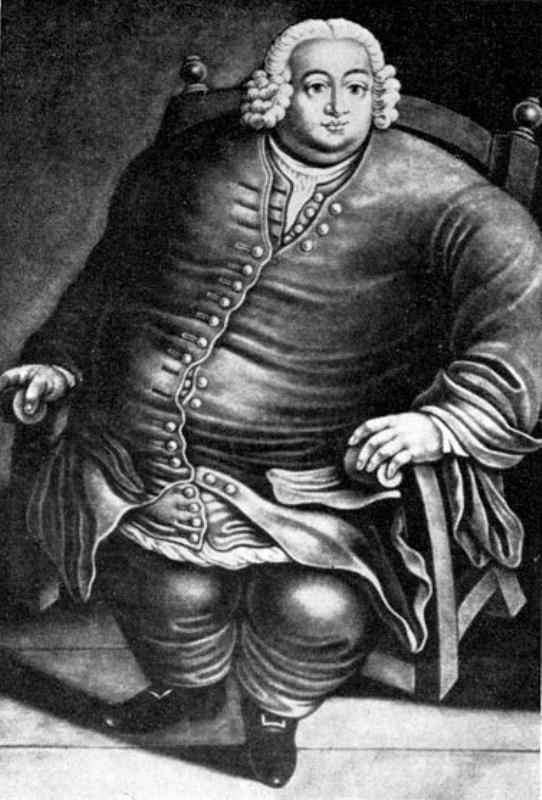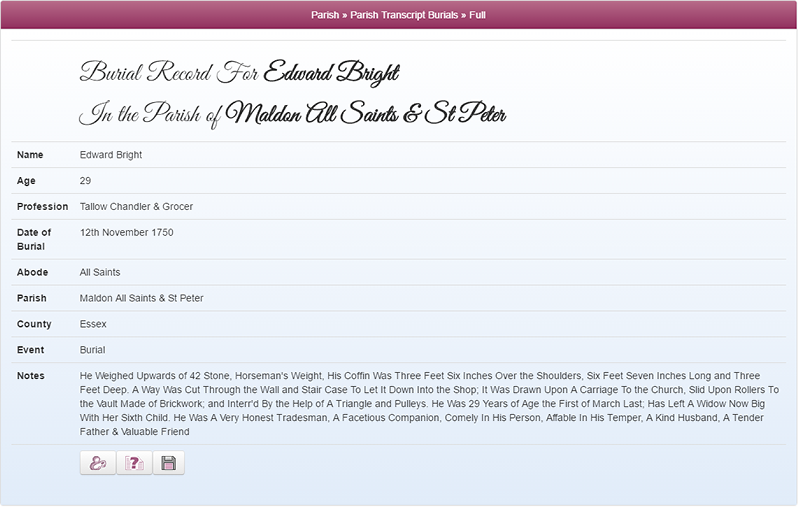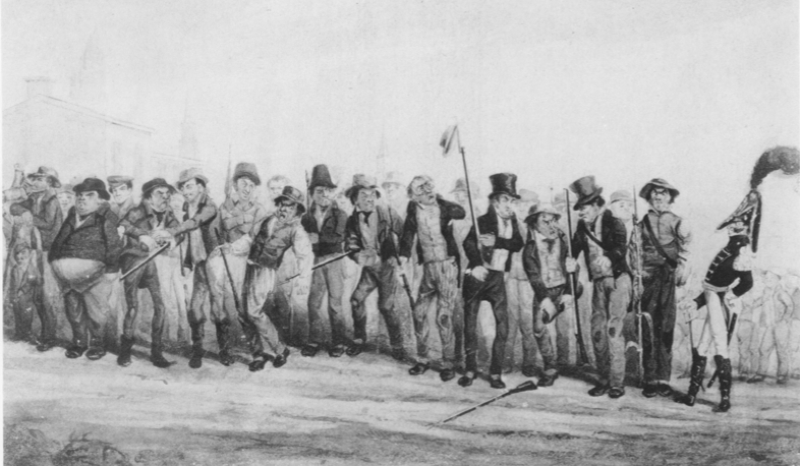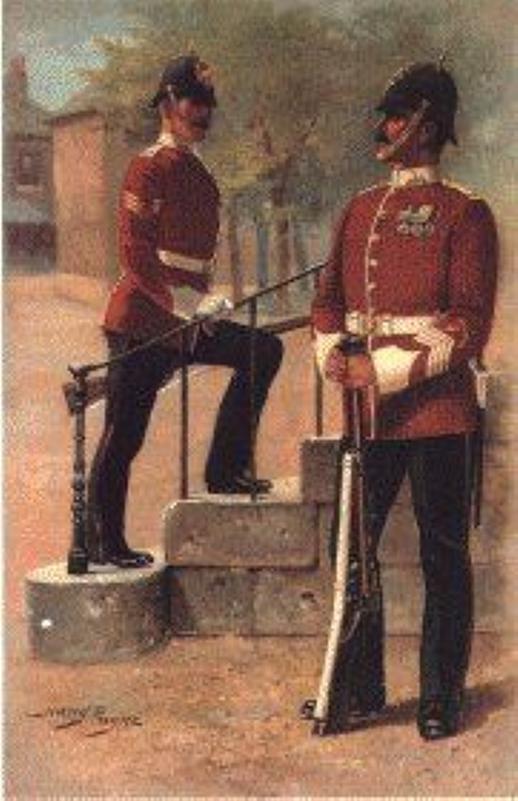New Release of Military Records Celebrating Our Armed Forces
Search over half a million names
Ahead of Remembrance Sunday, TheGenealogist is proud to announce the release of a collection of military records spanning over half a million names. This collection provides invaluable insights into the service and sacrifices of members of the British Armed Forces and colonial forces throughout history.
Active Service Section 3rd VB The Black Watch 24th Jan 1900 from The Muster-Roll of Angus, South African War, 1899-1902
"This collection offers a glimpse into the service and sacrifices of our military and naval personnel throughout history," said Mark Bayley of TheGenealogist. "As we approach Remembrance Sunday, we are honoured to provide researchers and historians access to these invaluable resources, which contain the names of over half a million individuals who served their countries with courage and distinction."
The newly released records include:
Naval and Military Despatches Vol. IV-VI (1915 - 1916); The British Roll of Honour 1837-1887; Return of The Names of The Officers in The Army 1811-1816; Surrey Musters, Part I-III 1544-1684; The Army List for 1881; The Army List for September 1933; The East-India Register and Directory, 1811; The East-India Register and Army List, 1842; The Last Post, Roll of Officers (Naval, Military or Colonial) who fell in South Africa 1899-1902 (also includes War Correspondents and Nurses who lost their lives); The Muster-Roll of Angus, South African War, 1899-1902 (with 700 portraits); A List of the Flag Officers and Other Commissioned Officers of His Majesty's Fleet, 1826; List of Officers of the Navy of the United States and of the Marine Corps, 1775-1900; Naval Worthies of Queen Elizabeth's Reign 1562-1643; Navy - Pensions, Compensations, and Allowances; The Royal Navy List for 1901; The Navy List for 1902; The Navy List for April 1915; The Navy List for April 1932; The Navy List for July 1915; The Navy List for January 1929; Arbroath & District Roll of Honour 1939-1945
The release of these records coincides with Remembrance Sunday, a solemn occasion when we pay tribute to members of the armed forces who have died in the line of duty. TheGenealogist's comprehensive military records collection allows individuals to delve into their family histories and honour the legacy of their ancestors who served.
One of the many interesting characters in these new records is Norman Douglas Holbrook, a remarkable submariner with extraordinary courage, skill, and determination - read his story here: https://thegenealogist.co.uk/featuredarticles/2024/how-a-wwi-submarine-raid-birthed-a-hero-and-a-town-half-a-world-away-7864/
Start your genealogical journey today with TheGenealogist. To celebrate this release, for a limited time you can claim a Diamond Subscription for the price of a Gold subscription at just £98.95 along with a FREE online magazine - a saving of over £64. You can claim this offer here: https://thegenealogist.co.uk/MGBMIL1124
This offer expires 14th February 2025.

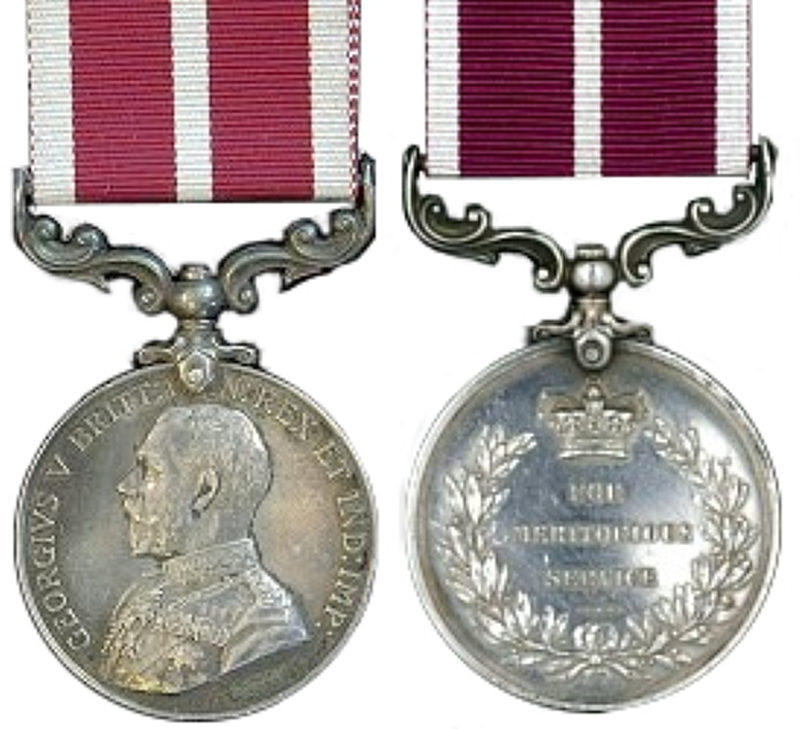
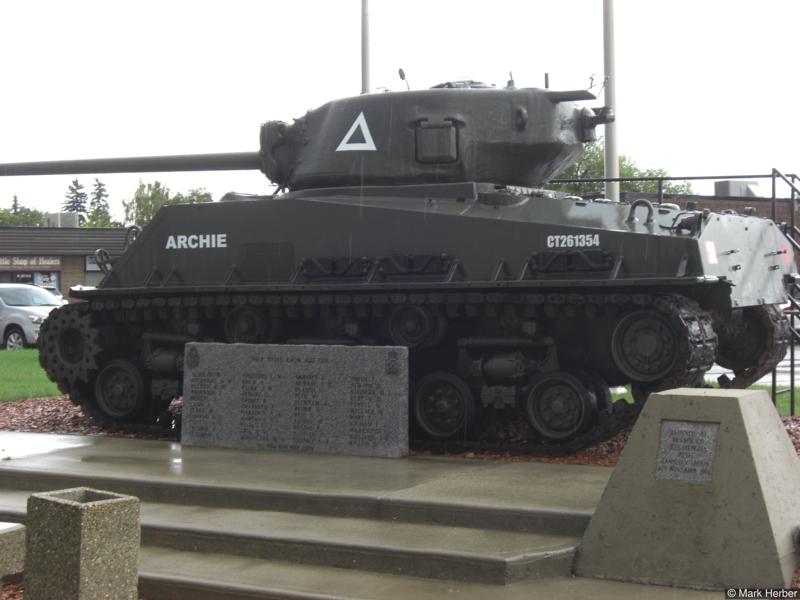


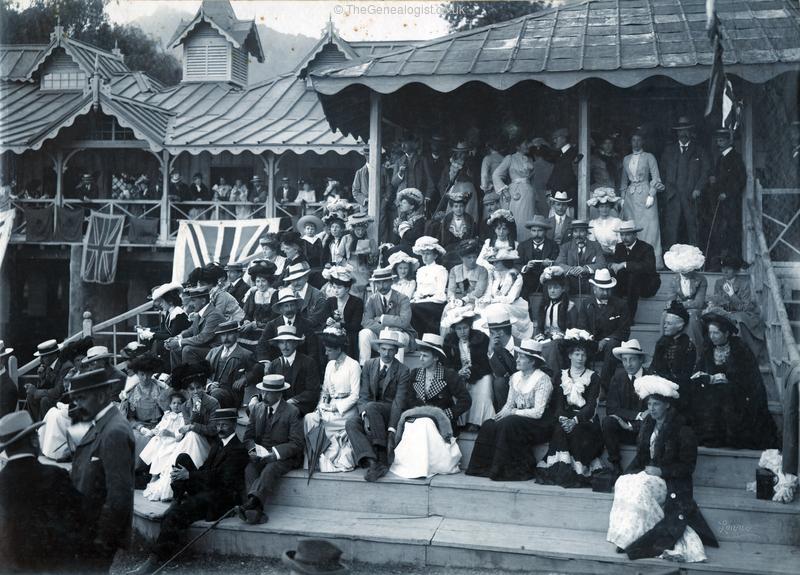
 00 searchable records. This latest release includes war memorials from
00 searchable records. This latest release includes war memorials from 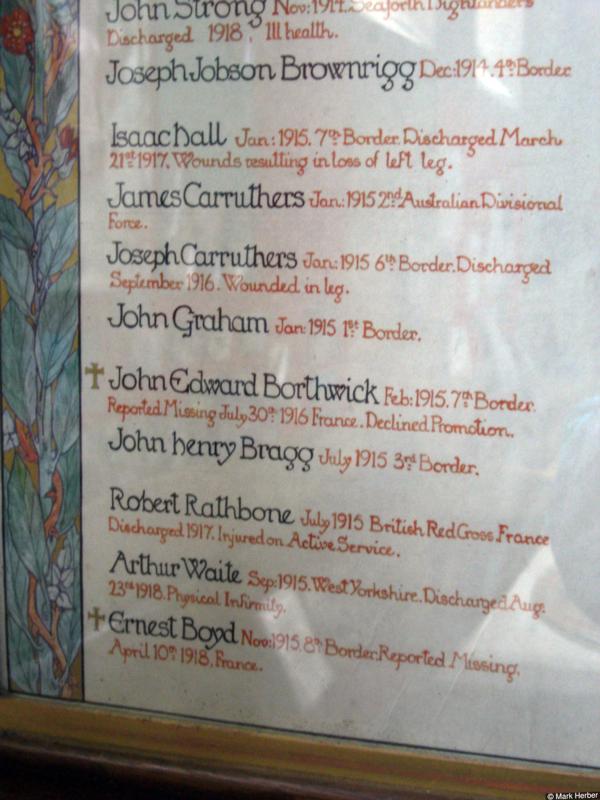 In amongst these newly published War Memorial records are those from St John’s Church in Bassenthwaite, Cumbria. This is a fascinating WW1 roll with men who died or served and includes information such as that for Louis Willis Bell who died in Rouen as a result of poison gassing. Another notable entry is that for Isaac Hall. This soldier enlisted in January 1915 in 7th Border Regiment and was discharged on the 21st March 1917, because of wounds resulting in the loss of his left leg.
In amongst these newly published War Memorial records are those from St John’s Church in Bassenthwaite, Cumbria. This is a fascinating WW1 roll with men who died or served and includes information such as that for Louis Willis Bell who died in Rouen as a result of poison gassing. Another notable entry is that for Isaac Hall. This soldier enlisted in January 1915 in 7th Border Regiment and was discharged on the 21st March 1917, because of wounds resulting in the loss of his left leg.